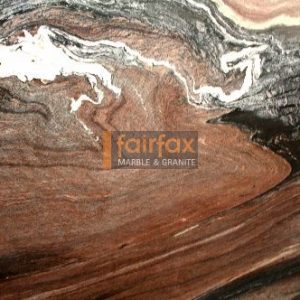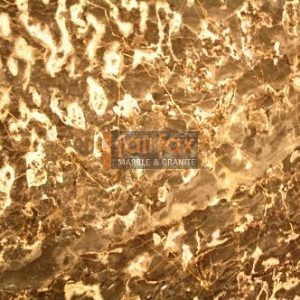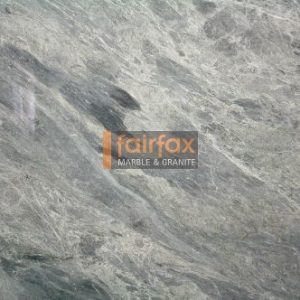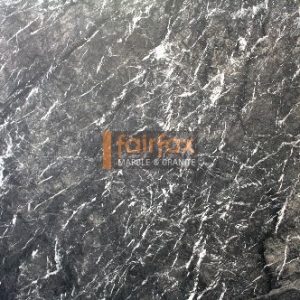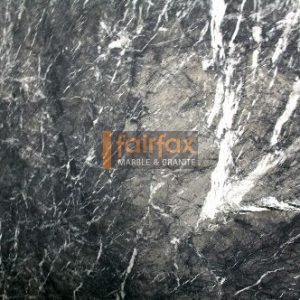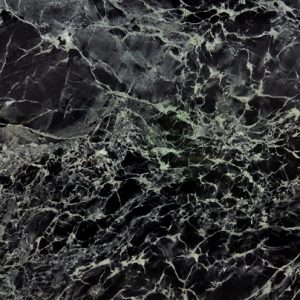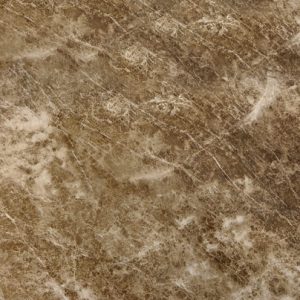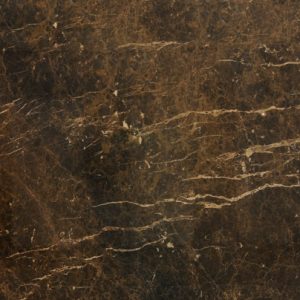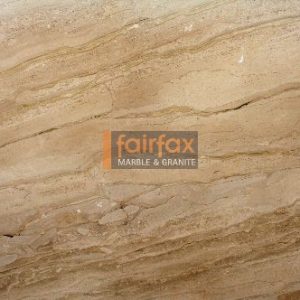Natural Stones Countertops
Transform your kitchen into a culinary sanctuary that reflects your taste and style with our captivating collection of Natural Stones Countertops. Crafted from meticulously sourced, premium materials, each countertop is not just a surface but a statement piece, exuding timeless elegance while standing the test of time against daily use.
Elevate your cooking experience as you effortlessly chop, knead, and create on these luxurious surfaces, knowing they are as durable as they are beautiful. Plus, with their natural allure, they effortlessly complement any design aesthetic, adding a touch of earthy sophistication to your home.
Don't settle for ordinary – elevate your kitchen to extraordinary with our Natural Stones Countertops and indulge in the ultimate blend of functionality, style, and quality craftsmanship!
Kitchen Natural Stones Countertops
The perfect way to add a touch of luxury and sophistication to your kitchen.
Natural stone countertops are a beautiful and durable addition to any kitchen. They are made from a variety of materials, including granite, marble, and limestone. Each type of natural stone has its own unique look and feel, so you can find the perfect one to match your style.
Benefits of Natural Stone Countertops:
- Durability: Natural stone countertops are extremely durable and can withstand years of everyday use.
- Beauty: Natural stone countertops are a work of art and can add a touch of luxury to any kitchen.
- Easy to care for: Natural stone countertops are easy to clean and maintain.
- Variety: Natural stone countertops are available in a wide variety of colors, textures, and finishes.
If you are looking for a beautiful, durable, and easy-to-care-for countertop, natural stone is the perfect choice.
Contact us today to learn more about our natural stone countertops.
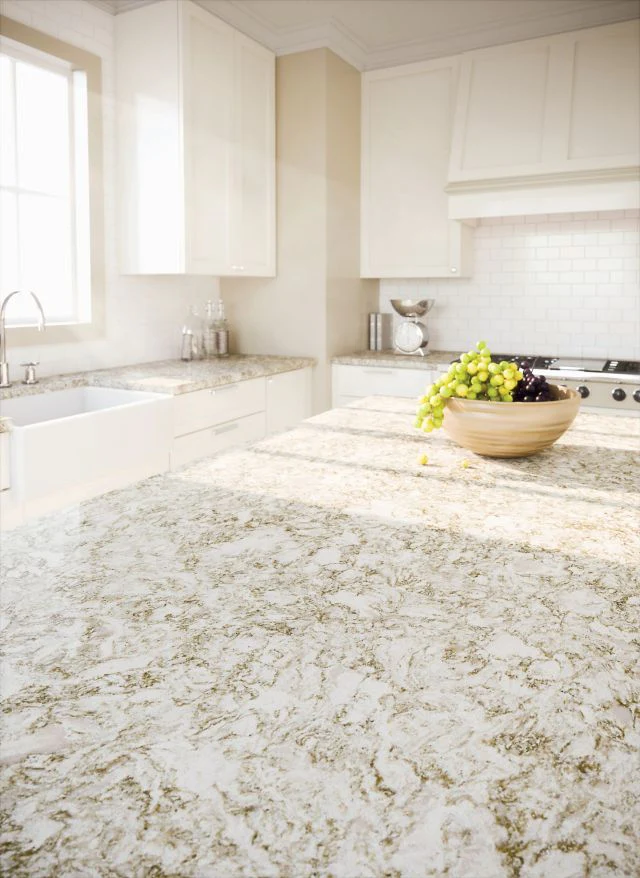
Natural Stones Countertops
Kitchen and Bathroom natural stone countertops
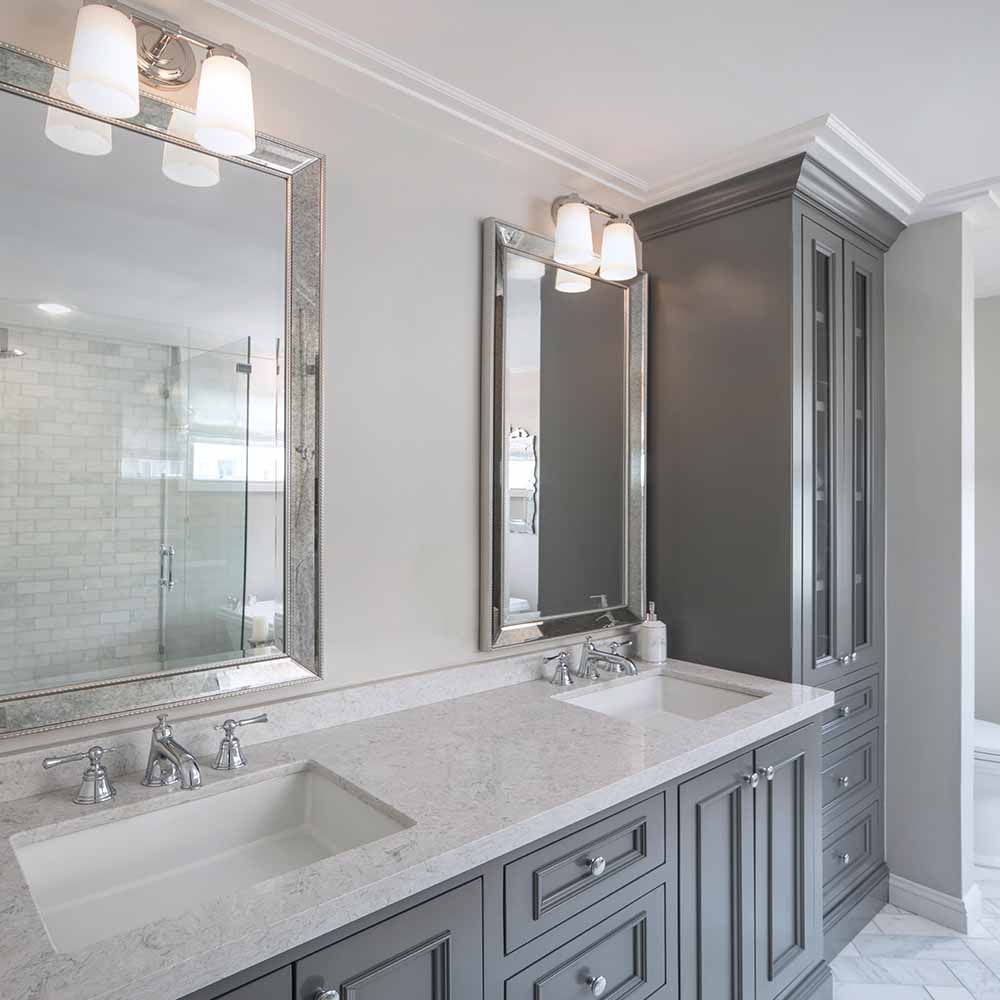
Natural stones Countertops
Kitchen and Bathroom natural stone countertops
Bathroom Natural Stones Countertops
Elevate your bathroom with the timeless beauty and elegance of natural stone.
Bathroom Natural Stone Countertops are a luxurious and durable addition to any bathroom. They are made from a variety of materials, including granite, marble, and limestone. Each type of natural stone has its own unique look and feel, so you can find the perfect one to match your style.
Benefits of Bathroom Natural Stone Countertops:
- Durability: Natural stone countertops are extremely durable and can withstand years of everyday use.
- Beauty: Natural stone countertops are a work of art and can add a touch of luxury to any bathroom.
- Easy to care for: Natural stone countertops are easy to clean and maintain.
- Variety: Natural stone countertops are available in a wide variety of colors, textures, and finishes.
- Value: Natural stone countertops can add value to your home.
If you are looking for a beautiful, durable, and easy-to-care-for countertop, natural stone is the perfect choice.
Contact us today to learn more about our bathroom natural stone countertops.
Natural Stone Countertops FAQ
Unveiling the Beauty of Nature: Exploring the World of Natural Stones
Ah, natural stones! Not just beautiful materials, but whispers of the Earth's history, each with its own unique story to tell. But with so many names being thrown around, it's understandable to feel a bit lost. Don't worry, I'm here to be your friendly guide on this journey through the fascinating world of natural stones!
The Grand Granite Gang: Let's start with the classic, the one and only granite. This igneous rock (formed from cooled magma) comes in a dazzling array of colors and patterns, from deep, inky blacks to vibrant, speckled granites. It's incredibly durable, heat-resistant, and perfect for those who love a touch of drama on their countertops.
The Marble Masterpiece: Next up, the timeless elegance of marble. This metamorphic rock (formed from limestone under intense heat and pressure) boasts swirls, veining, and a luxurious feel. Popular for its classic white and grey tones, marble also comes in bolder hues like green and even pink! Be mindful though, its softer nature requires a bit more care.
The Quartzite Quartet: Often confused with marble, quartzite is another metamorphic rock, but formed from sandstone. Think stunning durability, resistance to scratches and stains, and heat tolerance like nobody's business. Plus, it comes in a wide range of colors, from cool whites to deep blacks and everything in between.
The Soapstone Surprise: Seeking a naturally antimicrobial and heat-retaining option? Look no further than soapstone. This metamorphic rock has a soft, almost soapy feel and weathers beautifully over time, developing a unique patina. While it requires regular oiling, soapstone's warmth and subtle color variations add undeniable charm.
Beyond the Big Four: This is just the tip of the iceberg! The world of natural stones offers a treasure trove of possibilities. From the earthy tones of slate to the dramatic veining of travertine, each stone brings its own personality to your kitchen.
Remember: Choosing the right natural stone is a personal journey. Consider your style, budget, and desired functionality. And don't hesitate to ask questions! Exploring the beauty and uniqueness of natural stones is half the fun.
So, there you have it! Now go forth and conquer the world of natural stones, armed with newfound knowledge and a thirst for discovery. Happy countertop hunting!
The cost of natural stones for your kitchen countertops can vary greatly, depending on several factors:
The Stone Itself:
- Rarity: Gemstones like diamonds and sapphires will naturally be more expensive than readily available granites. But even within common stones, rarer colors or patterns can drive up the price.
- Durability & Hardness: Harder stones like quartzite tend to be more expensive than softer options like soapstone, due to their increased resistance to scratches and wear.
- Size & Thickness: Larger slabs and thicker cuts will naturally cost more than smaller or thinner ones.
Additional Factors:
- Quarrying & Processing: Location of the quarry, mining difficulty, and processing techniques can impact cost.
- Fabrication & Installation: Cutting, shaping, and installation by experienced professionals add to the overall expense.
- Transportation & Availability: Importing exotic stones from distant countries can increase the price due to transportation costs and potential rarity.
So, are natural stones inherently expensive? Not necessarily. Compared to some high-end engineered quartz options, certain granites or soapstones can be quite affordable. However, it's important to remember that natural stones require a nuanced approach to pricing as the factors mentioned above play a significant role.
Here's a helpful tip: Discuss your budget and desired features with a reputable countertop fabricator. They can guide you towards natural stones that fit your needs and provide accurate estimates based on current market trends and your specific project requirements.
Ultimately, the "expensive" tag on natural stones is relative. While they may require a larger initial investment compared to some synthetic alternatives, their timeless beauty, unique character, and potential longevity can be worth it for many homeowners. Remember, it's not just about the price, but the value and enjoyment you get from having a piece of nature in your kitchen!
Unfortunately, there's no single "best" natural stone for countertops, as it truly depends on your individual needs and preferences. Each type comes with its own unique set of pros and cons, so the perfect choice for you will depend on factors like:
Your Lifestyle:
- Heavy cook? You might prioritize durability like granite or quartzite over stain-prone marble.
- Busy family? Soapstone's low-maintenance nature could be ideal.
- Design enthusiast? The unique veining of marble or the bold colors of quartzite might catch your eye.
Your Budget:
- Granite and soapstone offer a wider range of affordability, while quartzite and certain marble varieties can be pricier.
Maintenance Preferences:
- Low-maintenance options like soapstone require oiling, while granite and quartzite need periodic sealing. Marble demands the most attention with its susceptibility to staining and etching.
Here's a quick breakdown of some popular natural stones to help you navigate:
Granite: Durable, heat-resistant, and widely available in various colors and patterns. Requires periodic sealing.
Quartzite: Highly scratch and stain-resistant, heat-tolerant, and offers a wide color range. Often pricier than granite.
Marble: Stunning veining and timeless elegance, but prone to staining and etching. Requires regular sealing and careful cleaning.
Soapstone: Soft, naturally antimicrobial, and develops a unique patina over time. Requires oiling to maintain its dark color.
Remember: The best way to find your perfect match is to research different stones, consider your priorities, and consult with a professional countertop fabricator. They can provide valuable insights, samples, and estimates to help you make an informed decision that fits your budget and lifestyle.
I hope this helps! Feel free to ask if you have any further questions about specific stones or need more tailored guidance.
Choosing between natural stone and porcelain tile can be a tough decision, as both options offer unique advantages and disadvantages depending on your specific needs and priorities. Here's a breakdown to help you navigate:
Natural Stone:
Pros:
- Unique beauty and character: Each piece is one-of-a-kind with captivating variations in color and veining.
- Durable and long-lasting: Many stones, like granite and quartzite, are highly resistant to scratches, heat, and wear.
- Environmentally friendly: A natural and sustainable choice compared to manufactured materials.
- High-end appeal: Can add significant value to your property.
Cons:
- Higher cost: Generally more expensive than porcelain tile, especially rarer or larger slabs.
- Requires maintenance: Some stones need regular sealing and cleaning to prevent staining and etching.
- Porous nature: Certain stones like marble can be more susceptible to stains and require extra care.
- Installation complexity: Cutting and installing natural stone often requires experienced professionals.
Porcelain Tile:
Pros:
- Affordable: Generally less expensive than natural stone, particularly for larger areas.
- Low maintenance: Easy to clean and doesn't require sealing.
- Stain and scratch resistant: Highly durable and impervious to most spills and scratches.
- Wide variety of designs: Mimics the look of many natural stones with consistent coloring and patterns.
- Easy installation: Can be DIY-friendly with proper tools and skills.
Cons:
- Uniform appearance: Lacks the unique character and variations found in natural stone.
- Can feel cold to the touch: May not be as comfortable underfoot as some natural stones.
- Not as eco-friendly: Manufacturing process consumes resources and may create environmental impact.
- Potential for chipping: While durable, can chip if struck by a hard object.
Ultimately, the best choice for you depends on your priorities. Consider your budget, desired aesthetics, maintenance preferences, and lifestyle. If you value unique beauty, durability, and are willing to invest in maintenance, natural stone might be the way to go. If affordability, ease of care, and consistent design are your top concerns, porcelain tile could be the better option.
Here are some additional factors to consider:
- Location: Natural stone can be more susceptible to cracking in areas with extreme temperature fluctuations.
- Traffic: High-traffic areas might benefit from the stain and scratch resistance of porcelain.
- Personal preference: Do you prioritize the natural beauty of stone or the convenience and affordability of porcelain?
I hope this information helps you make an informed decision for your project!
The battle between natural stone and quartz for countertops is a classic one, with passionate advocates on both sides. Both offer undeniable beauty and functionality, but ultimately, the "better" choice depends on your individual needs and preferences. Here's a deeper dive into their pros and cons:
Natural Stone:
Pros:
- Unique beauty: Each piece boasts one-of-a-kind variations in color, veining, and texture, adding a touch of nature's artistry to your space.
- Durable: Granite, quartzite, and soapstone are highly resistant to scratches, heat, and wear, offering long-lasting performance.
- Environmentally friendly: A natural and sustainable choice compared to manufactured materials.
- High-end appeal: Can add significant value to your property.
Cons:
- Higher cost: Generally more expensive than quartz, especially rarer or larger slabs.
- Requires maintenance: Sealing and specific cleaning practices are needed for certain stones to prevent staining and etching.
- Porous nature: Some stones like marble are susceptible to stains, demanding extra care.
- Installation complexity: Cutting and installing often requires experienced professionals.
Quartz:
Pros:
- Consistent appearance: Offers a wider range of consistent colors and patterns, ensuring uniformity across larger areas.
- Low maintenance: Non-porous and highly resistant to stains, scratches, and etching. Easy to clean with mild soap and water.
- Durable: Engineered for strength and heat resistance, making it ideal for high-traffic areas.
- Wide variety of styles: Mimics the look of many natural stones with a vast array of colors and patterns to suit various aesthetics.
- Easier installation: Can be DIY-friendly with proper tools and skills.
Cons:
- Uniform look: Lacks the unique character and natural variations found in stone, appearing more manufactured.
- Can feel cold to the touch: Not as naturally warm and comfortable underfoot as some stones.
- Environmentally less friendly: Manufacturing process consumes resources and may have an environmental impact.
- Potential for chipping: While durable, can chip if struck by a hard object.
Additional factors to consider:
- Your budget: Quartz generally falls within a middle price range compared to the wider spectrum of natural stone costs.
- Desired maintenance level: If low maintenance is a priority, quartz offers significant advantages.
- Aesthetic preference: Do you crave the uniqueness of natural stone or the consistent design of quartz?
- Lifestyle: Consider how you use your countertops and if stain resistance or heat tolerance is crucial.
Ultimately, the "better" choice is subjective. By evaluating your priorities and needs, you'll be able to make an informed decision that enhances your space and aligns with your preferences. If you're still unsure, consulting with a professional countertop fabricator can provide valuable insights and help you navigate the options based on your specific project requirements.




